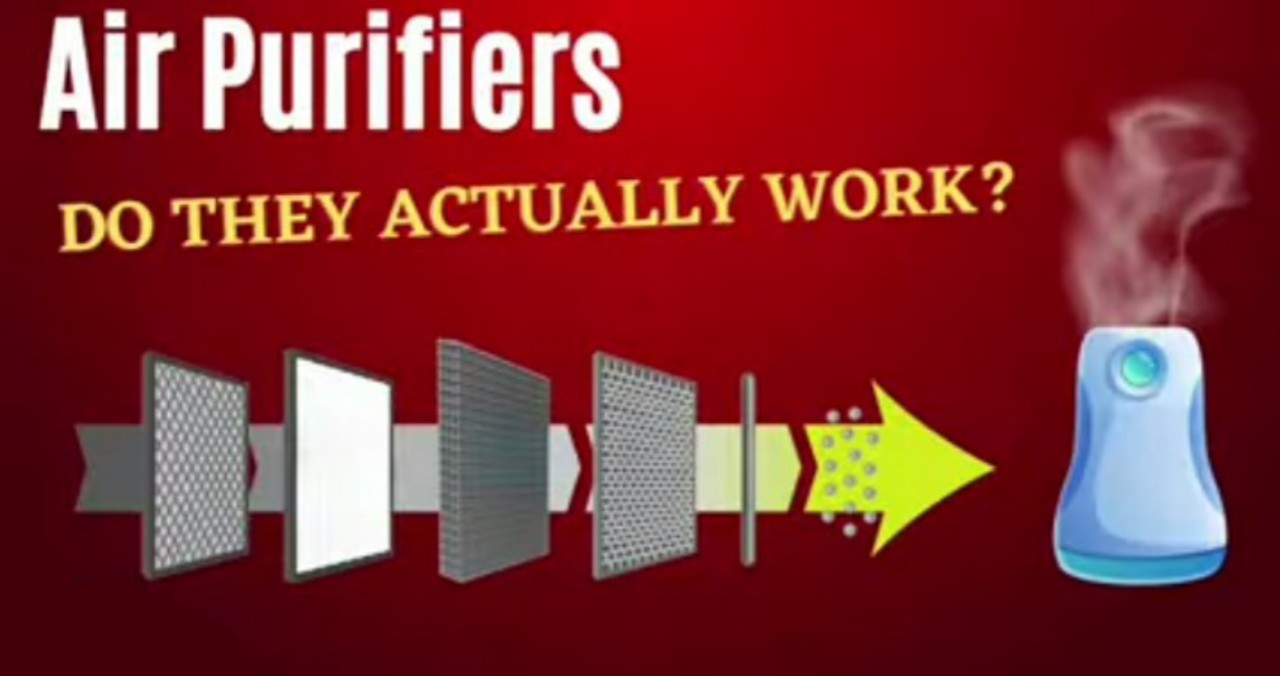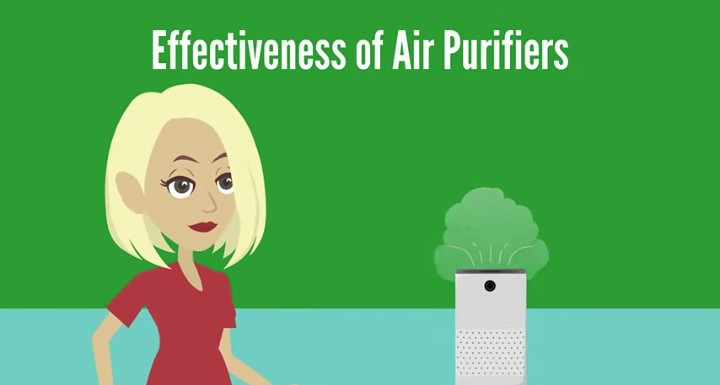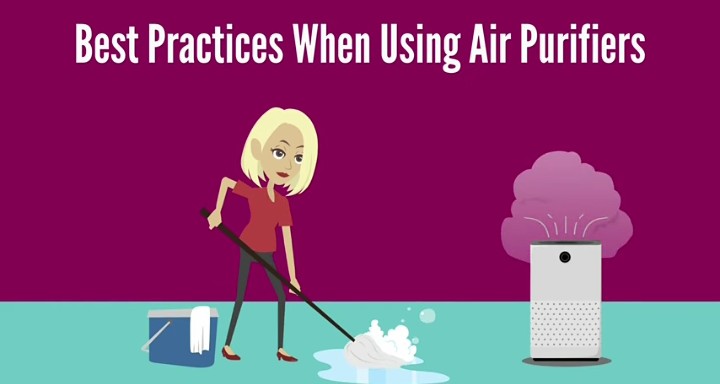What are air purifiers. Do they actually work? Air purifiers are becoming increasingly popular as people become more aware of the health risks posed by indoor air pollution. In today's world, air pollution is a major health concern, and air purifiers offer a simple way to help reduce the levels of airborne pollutants in the home. But how exactly do air purifiers work?What are the benefits, and what are the best practices for using them? To understand how air purifiers work, it's important to first understand how indoor air pollution occurs.
Pollution from smoke, pet dander, dust mites, mold, and other airborne particles can build up in indoor air, which can make breathing difficult and cause respiratory irritation. Air purifiers are designed to clean the air by removing these pollutants, improving air quality, and making it easier to breathe.
How do air purifiers work?
Air purifiers work by trapping airborne particles such as dust, pollen, pet dander, and other allergens. These particles are then collected in a filter, which, depending on the type of filter and the amount of airborne particles present, can be changed or replaced on a regular basis.Usually, there are three different filtration methods: using HEPA filters, activated carbon filters, or ultraviolet light to capture airborne particles.
HEPA filters work by trapping larger particles and allergens in a mesh of fibers, while activated carbon filters capture smaller particles, and the ultraviolet light helps to kill bacteria, viruses, and other microorganisms in the air.
Effectiveness of Air Purifiers
When it comes to effectiveness, it's important to remember that air purifiers are not a cure-all. It's important to use them in combination with other methods, such as regular cleaning, vacuuming, and dusting, to ensure your air is as clean as possible.
Furthermore, according to a study done on air purifiers in 2017, they may not be as effective in reducing certain types of particles, such as nicotine particles, from the indoor air. But still, according to many studies, the benefits of using air purifiers are numerous. Not only do they improve the air quality and make it easier to breathe, but they can also help reduce the presence of dust mites, mold, and other allergens, which can cause asthma and other respiratory problems. Air purifiers are also great for people who suffer from allergies, as they help reduce the presence of pollen and other allergens in the air.
Best Practices When Using Air Purifiers
When using an air purifier, there are a few best practices to keep in mind.
First, make sure to avoid smoking in the house. Also, make sure to change out the filter of the purifier every three months, as this will help keep the air purifier working at peak efficiency. Additionally, you should keep any furniture, curtains, or other items away from the purifier, as these can block the airflow and reduce its effectiveness.
Also, if you have pets, make sure to vacuum the area around the purifier regularly to reduce the amount of pet dander in the air. It's also important to note that air purifiers should be used in conjunction with good ventilation practices, as they can't completely replace the need for fresh air from outside.
In the end, the main conclusion is that, according to research, air purifiers actually provide a simple and effective way to help improve air quality in the home. They can help reduce the presence of pollutants, allergens, and other airborne particles, making it easier to breathe.
However, it's important to remember that they should be used in combination with other measures, such as regular cleaning and ventilation, to ensure the best results.





Comments
Post a Comment